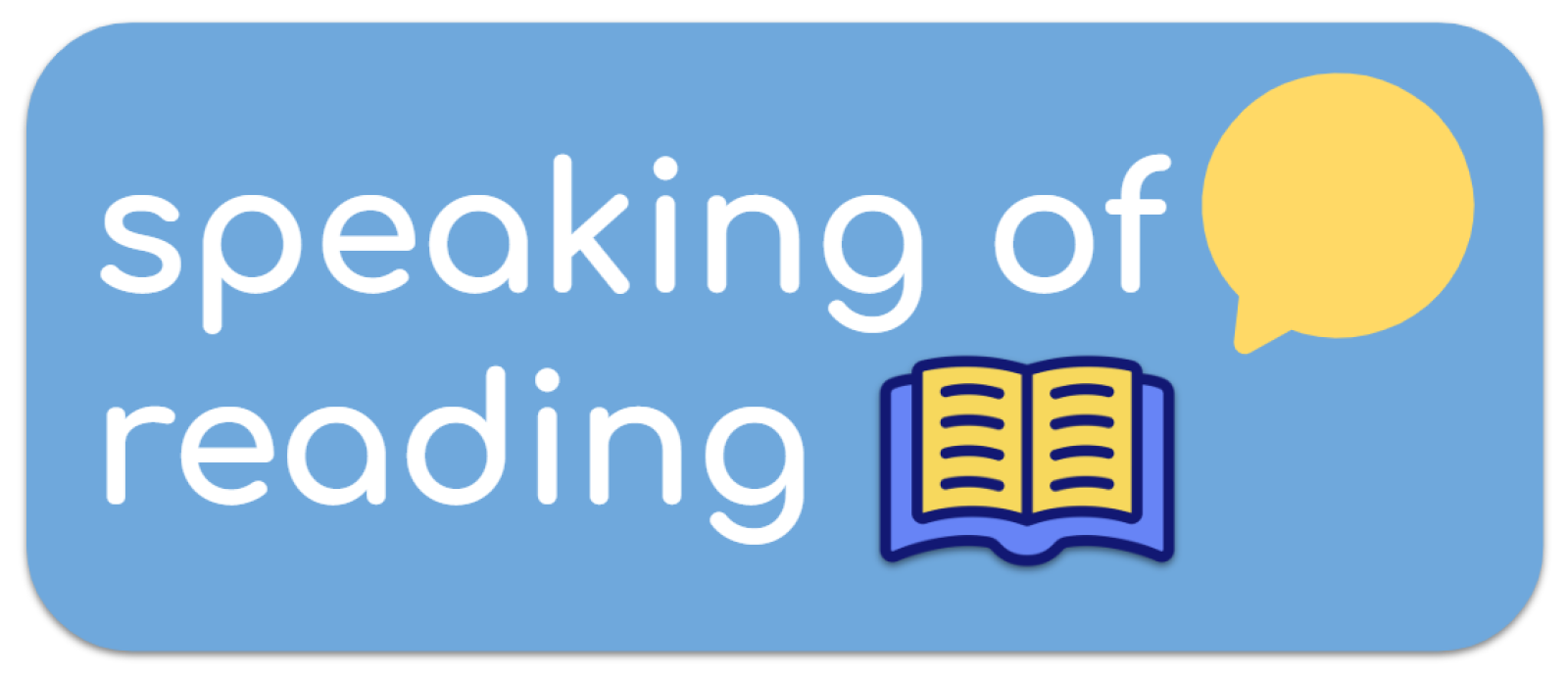What is Developmental Language Disorder?
Developmental Language Disorder (DLD) is a relatively new term (2017) and goes by other names like expressive-receptive language disorder, specific language impairment, speech-language impairment, and language delay. The current, consensus term in the English-speaking world is Developmental Language Disorder or DLD (Bishop et al., 2016; 2017).
Children with DLD have significant difficulty learning, understanding, and using spoken language. People with DLD make more errors, use simpler sentences or even have trouble organizing a conversation. DLD emerges in early childhood but persists into adulthood DLD affects people around the world, no matter the language spoken. DLD is common. In one study, 1 in 14 children demonstrated symptoms of DLD. DLD can affect social and emotional well-being as well as success at school and work.
Although DLD affects spoken language, people with DLD often have difficulty with written language—reading, spelling, and writing—as well (Joye et al., 2019; Simkin, & ContiRamsden, 2006). Because a good foundation of spoken language supports children as they learn to read and write, children with DLD are at risk for written language problems.
Information gathered from https://radld.org/about/dld/dld-fact-sheet/





